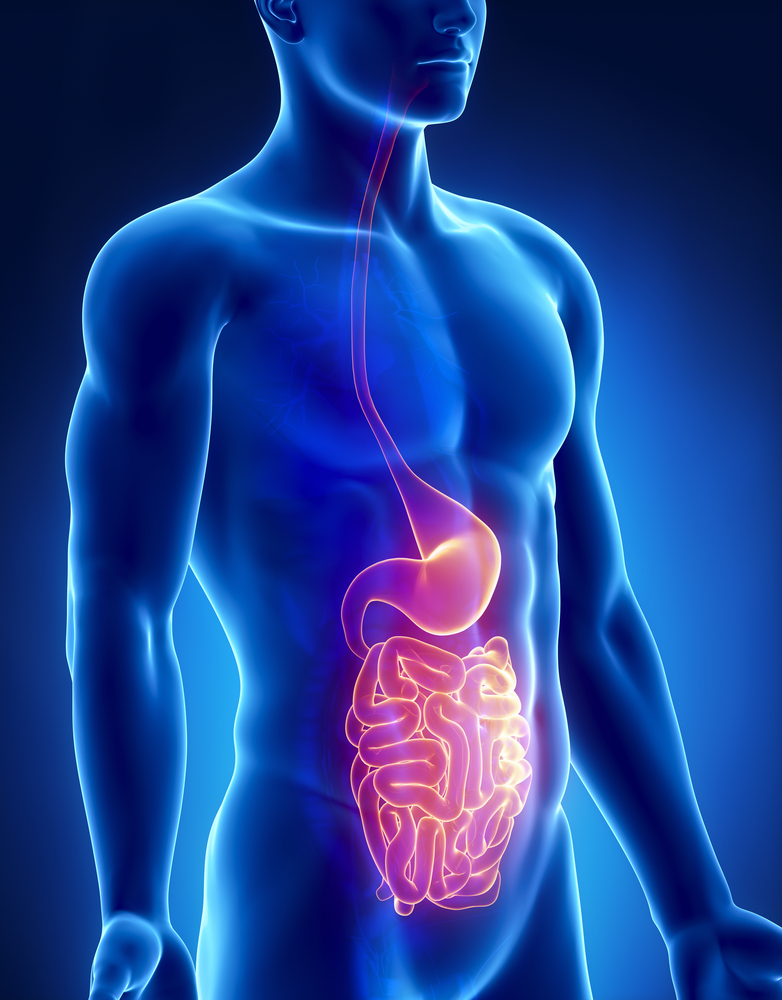Case Study Describes Novel Therapy for Steroid-refractory Gastric Sarcoidosis

In patients with corticosteroid-dependent gastric sarcoidosis where the disease recurred, the addition of azathioprine (sold under the brand names Imuran and Azasan) may improve symptoms, according to a case report.
The study, “Efficacy of additional treatment with azathioprine in a patient with prednisolone-dependent gastric sarcoidosis,” published in the World Journal of Gastroenterology, highlights how the combination of azathioprine and the corticosteroid prednisolone (sold under several brand names, including Omnipred and Millipred) improved symptoms in a 25-year-old Japanese man.
The patient had severe upper abdominal pain. A gastroendoscopy revealed severe fibrosis of the mucosal lining of the gastric system, numerous ulcerative lesions, and upper gastrointestinal bleeding.
Close examination of tissue biopsies revealed noncaseating granulomas. Granulomas are defined as small granular inflammatory regions. Noncaseating granulomas are characterized by the lack of cell death in the center of the granuloma, and are a sign of sarcoidosis.
The clinical observations made and the lack of specific signs relating to Crohn’s disease or tuberculosis pointed to a diagnosis of gastric sarcoidosis.
Corticosteroids are commonly used to treat gastric sarcoidosis, particularly after symptoms of the disease emerge.
The patient was treated with 30 mg a day of prednisolone and his symptoms improved within seven days. With physician guidance, the dose of prednisolone was gradually decreased. Unfortunately, symptoms re-emerged and the patient was described as having prednisolone-dependent gastric sarcoidosis.
Oral azathioprine was then added as a treatment in an attempt to alleviate symptoms. After four weeks on a combination of 30 mg of prednisolone and 50 mg of azathioprine, his physicians observed healing ulcers and a loss of inflammatory cells in the tissue.
Azathioprine acts as an immunosuppressive medication and has been shown to limit white blood cell proliferation, but there is limited evidence for its use in alleviating symptoms for patients with gastric sarcoidosis.
However, several case studies have shown the effectiveness of azathioprine in alleviating symptoms in patients with systemic sarcoidosis affecting the lung, skin, muscoskeletal system and nerves. In these reports, improvement was seen in 50 to 73 percent of patients.
Azathioprine was also used in a single case study where a patient with gastric sarcoidosis had symptoms relating to irritable bowel syndrome also responded positively to the treatment.
Larger-scale clinical trials or randomized trials assessing whether azathioprine can alleviate symptoms in patients with sarcoidosis are still necessary.
Still, this case study suggests that azathioprine can improve symptoms in steroid-refractory gastric sarcoidosis patients.






